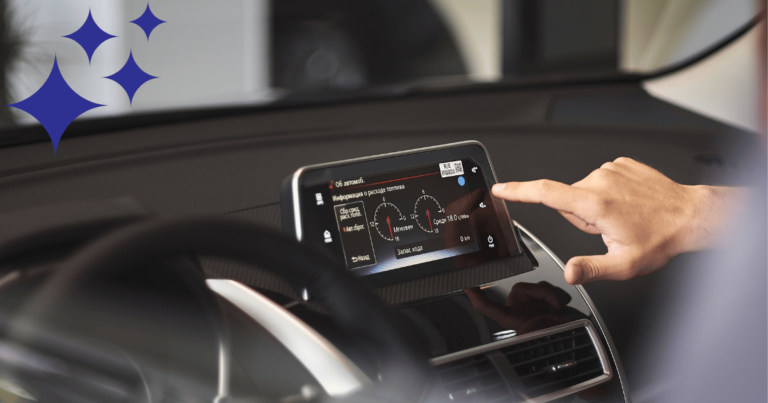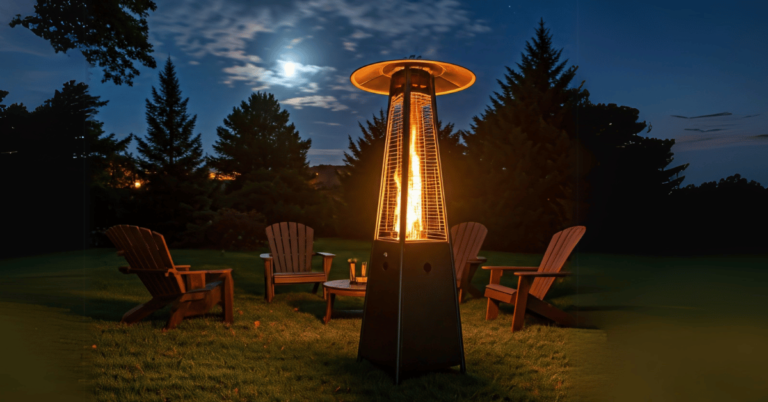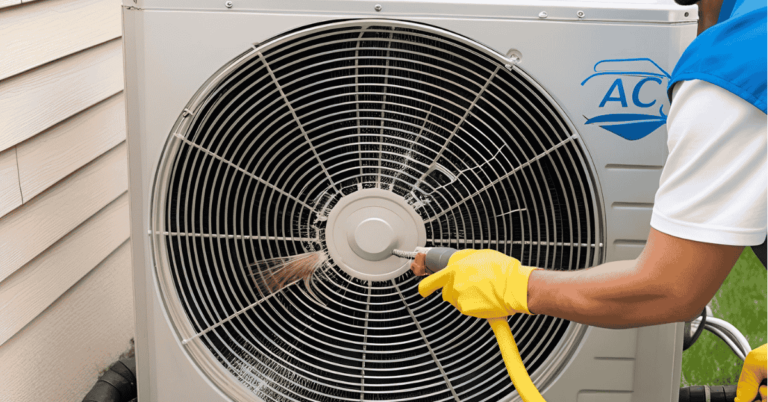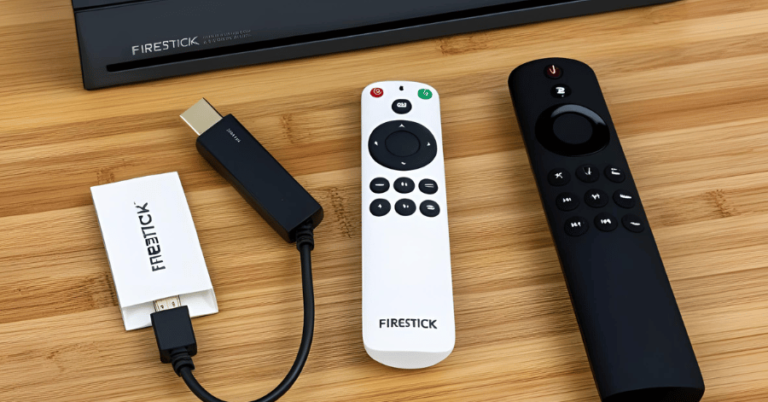Are Propane Heaters Safe Indoors? Essential Tips
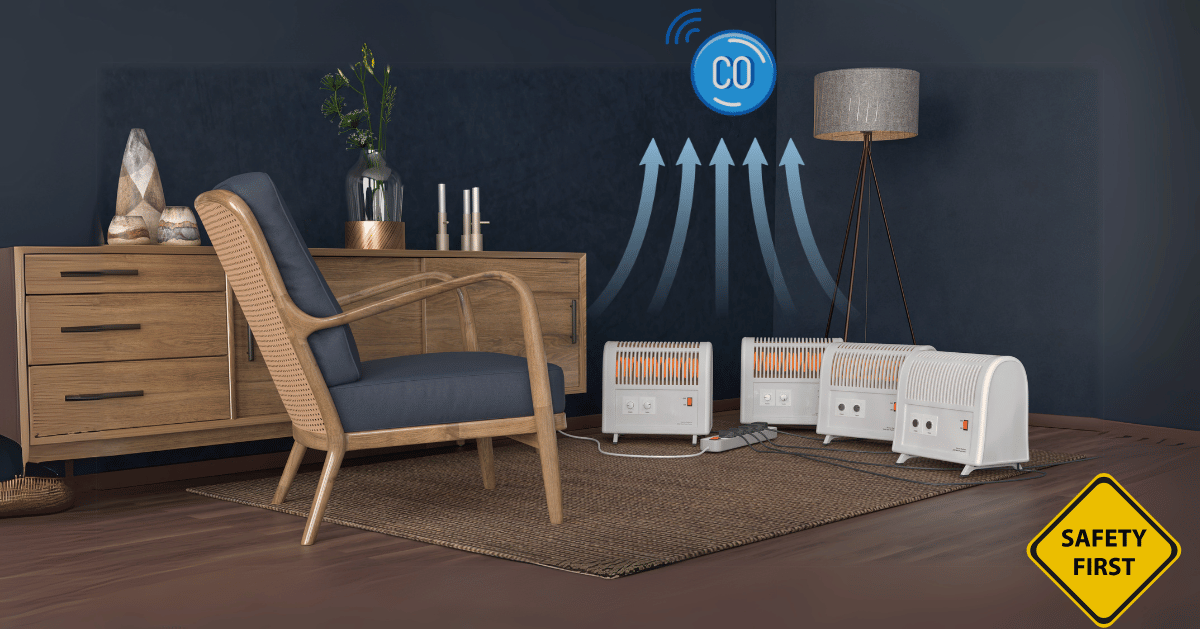
Propane heaters can be a safe and efficient way to heat your home, but proper ventilation is key. Always use propane bottles, not natural gas, and ensure fresh air flow to prevent carbon monoxide buildup. This invisible gas can be dangerous, so a carbon monoxide (CO) detector is a must.
Modern propane heaters come with safety features like catalytic burners and blue flame technology, reducing pollution and improving efficiency. To stay safe, crack a window for airflow and keep flammable objects away.
In this guide, we’ll cover the risks of using propane heaters indoors and share simple safety tips to keep your home warm and secure.
Are Propane Heaters Safe Indoors? A Detailed Over View
Propane heaters, when used with proper ventilation, can be a safe and efficient heating option for homes. Always ensure to use propane bottles and not just natural gas. Ensuring fresh air flow and using a CO detector can prevent the build-up of carbon monoxide, a poison gas that can bind to hemoglobin, reducing the oxygen levels in your blood. Proper air control and ventilation help maintain healthy O2 levels and prevent the accumulation of CO2.
Modern propane heaters, stoves, and fireplaces are designed with safety features like catalytic heaters and blue flame efficient burning, minimizing pollution. Always keep a window slightly open to allow fresh air in and prevent the cumulative accumulation of carbon monoxide and other harmful gases. Avoid placing any flammable items, such as metal garbage cans, near the heater.
In older homes or garages, it’s crucial to use propane heaters correctly to avoid risks. Proper insulation and ventilation are key, as is avoiding the use of kerosene-saturated rags, river rocks, or other materials that can catch fire easily. Be cautious with items like cement blocks and carpet near the heater to prevent any fire hazards. Always ensure there’s enough fresh air circulating to keep the environment safe, especially when you’re sleeping or in a state of rest to prevent yawning from low oxygen levels.
In summary, propane heaters can be a safe indoor heating option if used correctly. By ensuring proper ventilation and using safety devices like CO detectors, we can minimize risks and enjoy the warmth and efficiency of propane heaters during colder months. Just remember to be mindful of all the safety precautions to keep your home safe.
Indoor Propane Space Heater Safety
When using propane heaters indoors, safety is paramount. Below are the essential tips to ensure safe and efficient use of your propane heater.
Purchase and Installation:
- Buy your propane heater from local hardware stores or large retailers.
- Choose a heater with safety features like automatic shutoff and tip-over safety switches.
- Ensure the heater is the right size for the room to avoid overheating.
- Have a propane appliance technician inspect and install the heater if needed.
- Look for heaters certified by Underwriters Laboratories for added safety assurance.
Ventilation and CO Detectors:
- Use a CO detector to prevent carbon monoxide poisoning.
- Ensure proper ventilation by keeping windows slightly open to allow fresh air.
- Avoid using contaminated propane to prevent dangerous fumes.
- Regularly inspect vented heaters for blockages and ensure exit pathways are clear.
- Arizona propane providers can offer valuable propane safety information and vented heater inspections.
Operation and Maintenance:
- Keep a free space around the heater, away from furniture, clothes, and other flammable objects.
- Never leave a running heater unattended, especially when leaving the house, sleeping, or around children and pets.
- Turn off the heater if you smell propane gas or see unusual flame colors (orange or yellow).
- Use a vacuum cleaner with a hose attachment to clean grilles and remove dust.
- Wipe the heater regularly to keep it clean and functioning properly.
- Avoid using the heater for drying clothes, as this can be a fire hazard.
Safety Precautions:
- Place heaters on non-combustible surfaces to prevent fires.
- Avoid using room sprays, hair sprays, deodorant, perfume, and other ignitable substances near the heater.
- Ensure the heater has safety guards to protect against accidental contact with the flame.
- Choose heaters with overheat protection and low oxygen sensors for added safety.
- If there are issues, take the heater to a repair shop for maintenance.
- Both wall-mounted room heaters and portable propane heaters should be treated with the same caution.
By following these safety tips, you can enjoy the warmth and efficiency of your indoor propane heater while keeping your home safe from potential hazards. Remember, safety features and regular maintenance can prevent heating-related house fires and ensure a safe environment.
What Makes a Propane Heater Indoor Safe?
Keeping a propane heater indoors is a great way to stay warm and cozy. These versatile devices can heat small spaces like sheds or larger areas such as garages and basements. But what makes them safe for indoor use?
Proper placement is essential for safe operation. Place the heater on an even surface away from combustible materials like furniture and curtains. This prevents any risk of fire hazard. Also, ensure the heater is near an outlet to plug in safety devices such as a carbon monoxide detector. If there’s no outlet nearby, use an extension cord with a ground fault interrupter (GFI) to prevent gas leaks from reaching the electrical system, thus averting potential fire hazards.
Ventilation is crucial to avoid carbon monoxide buildup. Make sure the room has adequate ventilation with at least one window open. Avoid using fans, vents, or air conditioners that could cause back-drafting. These measures ensure proper air circulation and prevent carbon monoxide poisoning.
Modern propane heaters come with various safety features. A tip-over sensor is vital if you have children or pets, as it turns off the heater if it’s knocked over, preventing accidents. An auto-shutoff timer ensures the heater turns off after a set period, which is crucial if something goes wrong while you’re sleeping or away. A safety shutoff valve stops the fuel flow if there are leaks or blockages in the gas line, preventing disasters from operator error or mechanical failure.
Thermocouples ensure the pilot light stays lit and burns consistently, reducing fuel costs and preventing gas leaks. Heaters certified by the Canadian Standards Association (CSA) meet safety standards, ensuring safe operation. This certification means you can install the heater yourself without hiring an electrician or contractor, saving on installation costs.
By following these tips and using propane heaters equipped with these safety features, you can enjoy a warm and safe indoor environment.
FAQs
Conclusion
To wrap it all up, using a propane heater indoors can be a cozy way to stay warm. However, safety is key! By following proper guidelines for purchase, installation, ventilation, and maintenance, you can enjoy the benefits while minimising risks.
Always make sure to use safety features like CO detectors and proper ventilation to keep your space safe. Remember, with the right precautions, propane heaters can be safe and effective for indoor use. Stay warm and stay safe.

